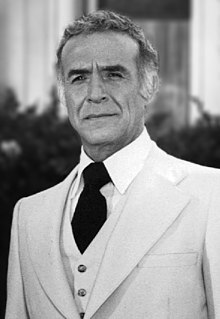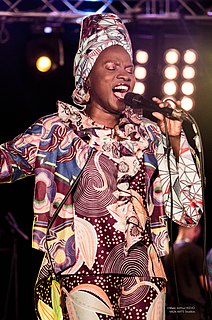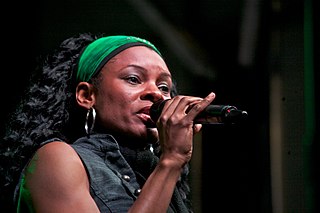A Quote by J. C. Watts
I am willing to compete on my merits and on my character - not with the color of my skin. We talk about being a color-blind society, but I don't think the political process could actually handle that.
Related Quotes
Through the dark days of legalized segregation and on into the civil rights era, jazz shone as a beacon for achieving interracial respect and understanding. It seemed as if the dream of a color-blind society was within reach in the jazz world, where musicians were judged on merit and not skin color.
Deep, dark unearthly black. I hadn't told anyone yet, but the color kept streaking across my mind at the oddest moments. When it did, my skin shivered pleasantly, and it was as if I could feel the color tracing a finger tenderly along my jaw, tipping my chin up to face it directly. I knew it was absurd to think a color would come to life, but once or twice, I was sure I'd caught a flash of something more substantial behind the color. A pair of eyes. The way they studied me cut to the heart.
For many years, I have been moved by the blue at the far edge of what can be seen, that color of horizons, of remote mountain ranges, of anything far away. The color of that distance is the color of an emotion, the color of solitude and of desire, the color of there seen from here, the color of where you are not. And the color of where you can never go.
People are valuable regardless of the color of their skin. You can be open about it and talk about it. You don't have to pretend that you are not different, but you can learn about those differences God didn't say, 'Ooh, I made you brown on accident.' He made them that color on purpose. And if you do not have friendships with other races, then ask God to bring you some. He will.
The vision preached by my father a half-century ago was that his four little children would no longer live in a nation where they would judged by the color of their skin but by the content of their character. However, sadly, the tears of Trayvon Martin's mother and father remind us that, far too frequently, the color of one's skin remains a license to profile, to arrest and to even murder with no regard for the content of one's character.

































